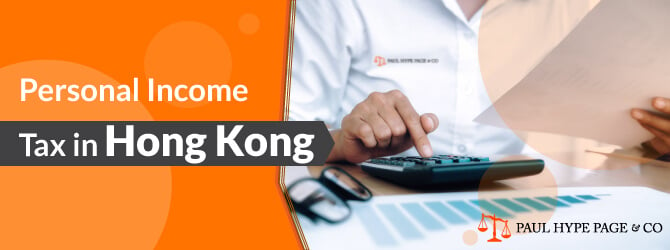Another important tax of Hong Kong is stamp duty. Not every Hong Kong taxpayer is obliged to pay, but it’s still an important part of the taxation system.
What is Stamp Duty
Stamp duty is a form of taxation which is levied on the purchase of specific properties or certain documents. The term “stamp duty” is in use today because the original form of stamp duty required payment for a physical stamp which was to be affixed to the document for the document to take legal effect. Today, however, it does not involve any physical stamps.
Like any other tax, it is an important means by which a government may generate revenue. Any government requires a certain amount of financial capability to carry out actions which are to be completed for the good of the citizens. Stamp duty can also be used by a government to influence the property market. Policies related to stamp duty may be created to prevent prospective landowners from purchasing properties to rent them out to other people or to prevent them from using the ownership of property as a form of investment.
In certain areas of the world, governments have considered abolishing stamp duty and replacing it with other forms of taxation which would serve to replace the revenue lost through the abolition of stamp duty; however, such has not been the case in Hong Kong. The imposition and payment of stamp duty, whether in Hong Kong or elsewhere, also has a legal function. A document without paid stamp duty can be used as evidence against the non-paying party in court.
Stamp Duty in Hong Kong
In Hong Kong, the payment of stamp duty is governed by the Stamp Duty Ordinance.
This ordinance imposes stamp duty on four different types of documents.
a) The documents which are subject to stamp duty are those which are related to
b) the agreement for the sale of an immovable property,
c) the transfer of stocks which have been purchased or sold in Hong Kong,
d) the conveyance on the sale of property, and
e) the transfer of Hong Kong stocks.
Liability of Stamp Duty
Except for the transfer of stocks, all parties directly involved with the document as well as anyone else who executes any of the functions specified in the document are liable for stamp duty.
However, regarding the transfer of Hong Kong stocks, if the transfer pertains to a contract note for the purchase or sale of the stock, it is the agent who is liable.
However, if no agent played a role in either the purchase or sale of the stock, the entity which was primarily involved in the sale or purchase of the stock is liable for stamp duty. In the cases of all other transfers, the transferor and transferee are to be held liable for the stamp duty.
Should you happen to have any difficulty in managing your stamp duty payments or any other issue related to taxation in Hong Kong, we at Paul Hype Page & Co. are always willing to serve your needs. Our tax team ensures compliance with Hong Kong’s tax laws, handling your stamp duty and other tax requirements efficiently. In this way, all our clients may remain completely tax-compliant.




